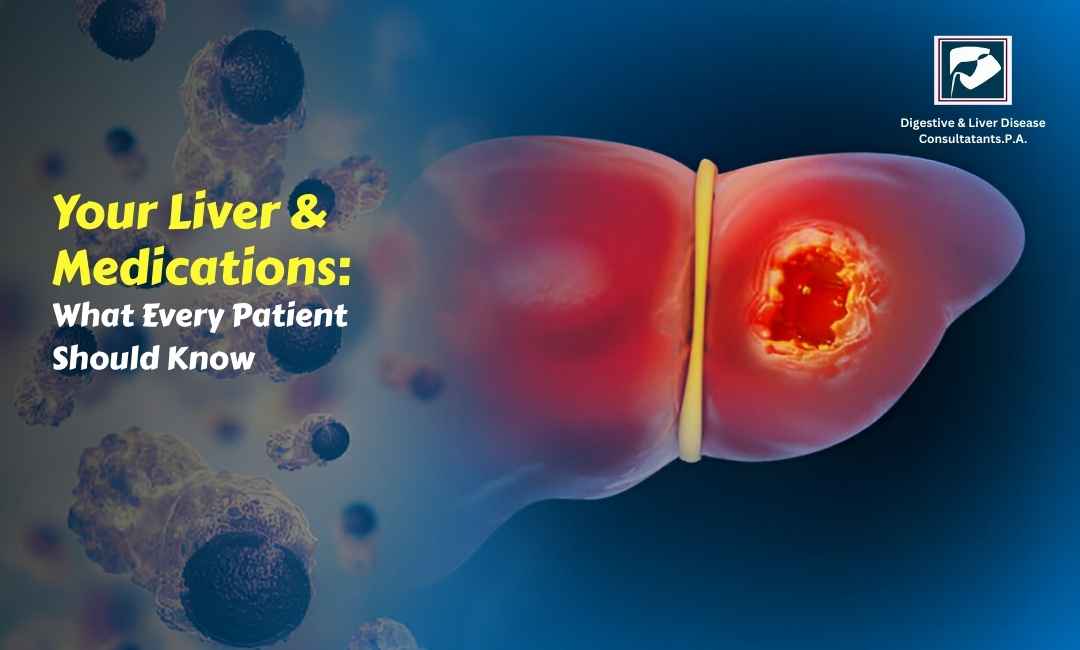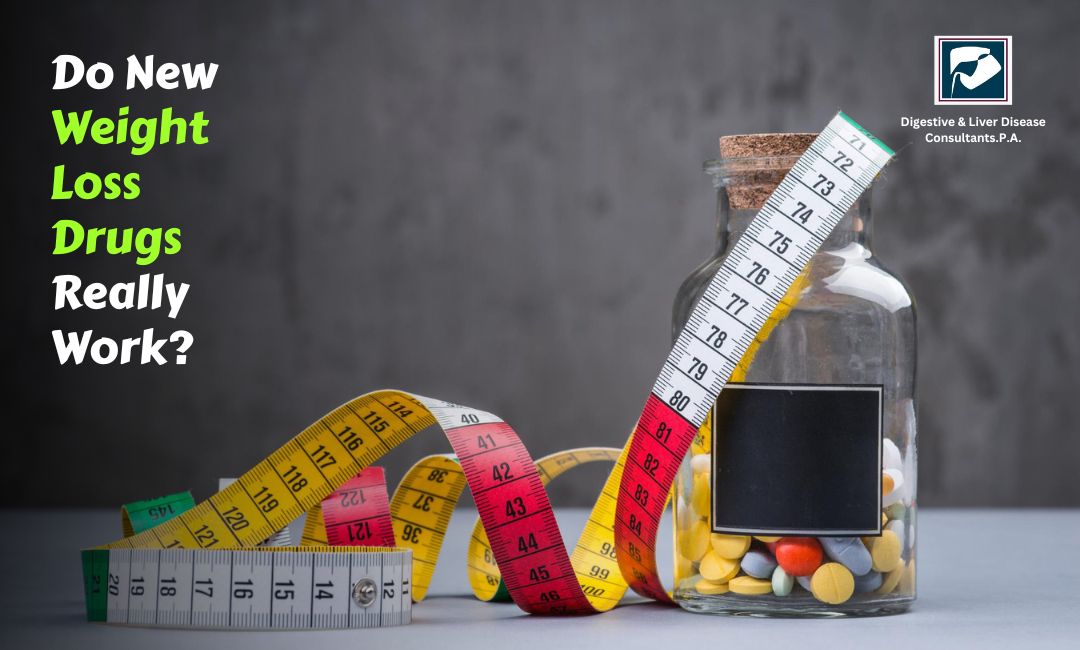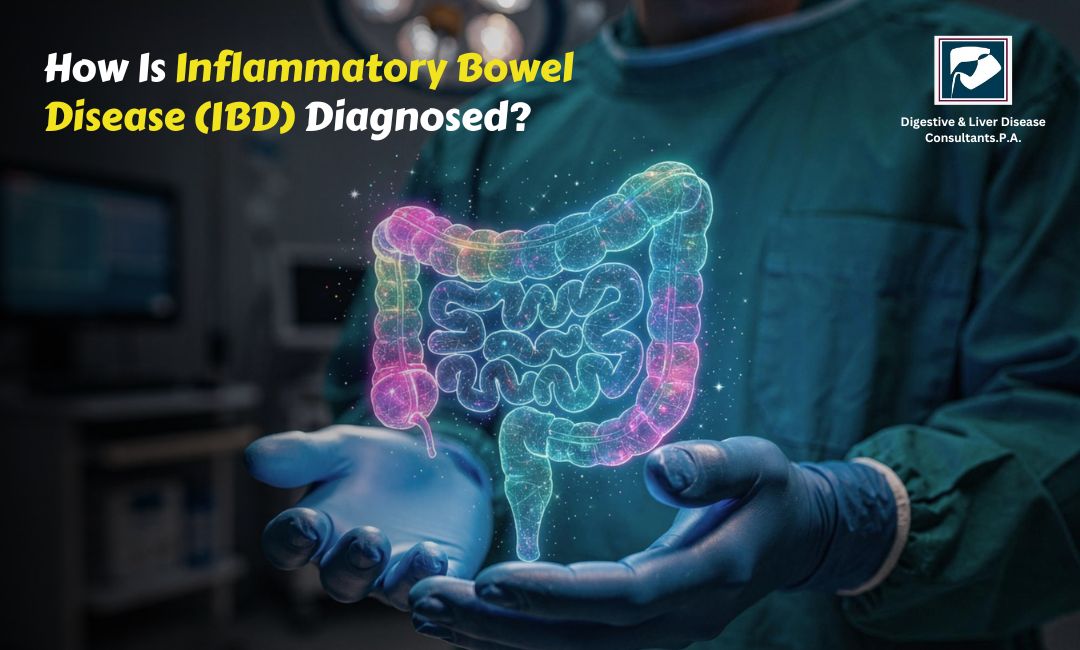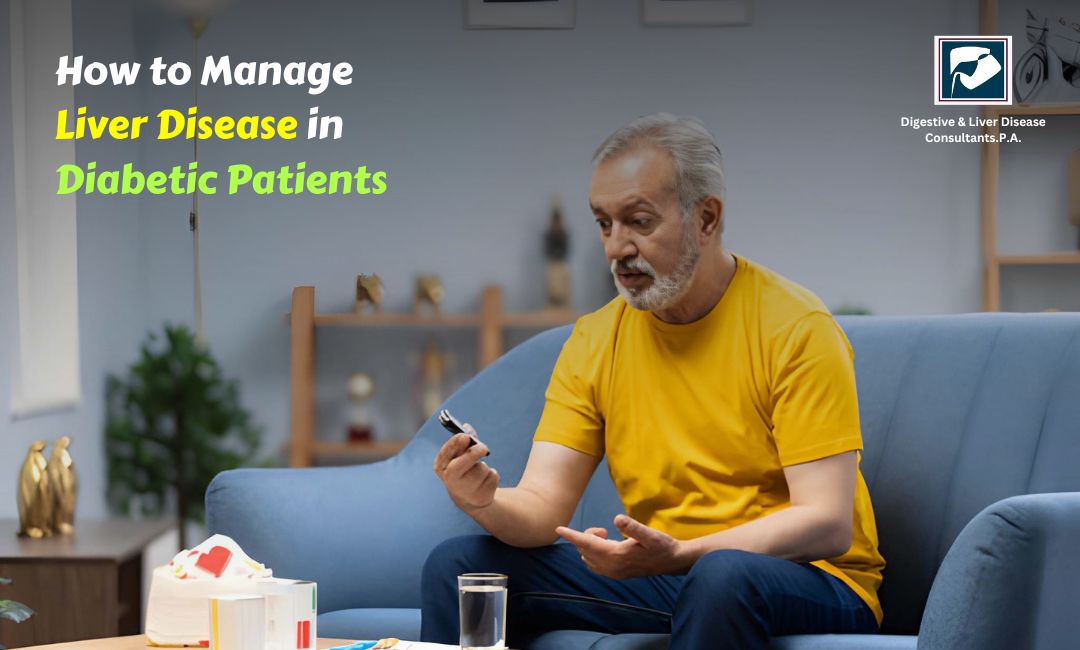Your liver is one of the most important organs in your body. It works like a natural filter, removing toxins, breaking down medications, and supporting digestion. But what many people don’t realize is that the same medications designed to help your health can sometimes put extra stress on the liver. Understanding how your liver processes medicines and how to protect it can make a big difference in your long-term health.
In this blog, we’ll explain the relationship between your liver and medications, what risks you should be aware of, and how to keep your liver safe while taking prescription or over-the-counter drugs.
Why the Liver Matters When Taking Medications
Think of your liver as your body’s chemical processing center. Almost everything you swallow, whether food, drink, or medicine, eventually passes through the liver. The liver’s job is to:
- Break down medications into forms your body can use
- Remove harmful substances and toxins
- Balance nutrients, hormones, and chemicals
When you take a medication, your liver has to work harder to metabolize it. Most of the time, this process is smooth. However, certain drugs can damage liver cells, especially if taken in high doses or over a long period. That is why your doctor always considers your liver health before prescribing any medication.
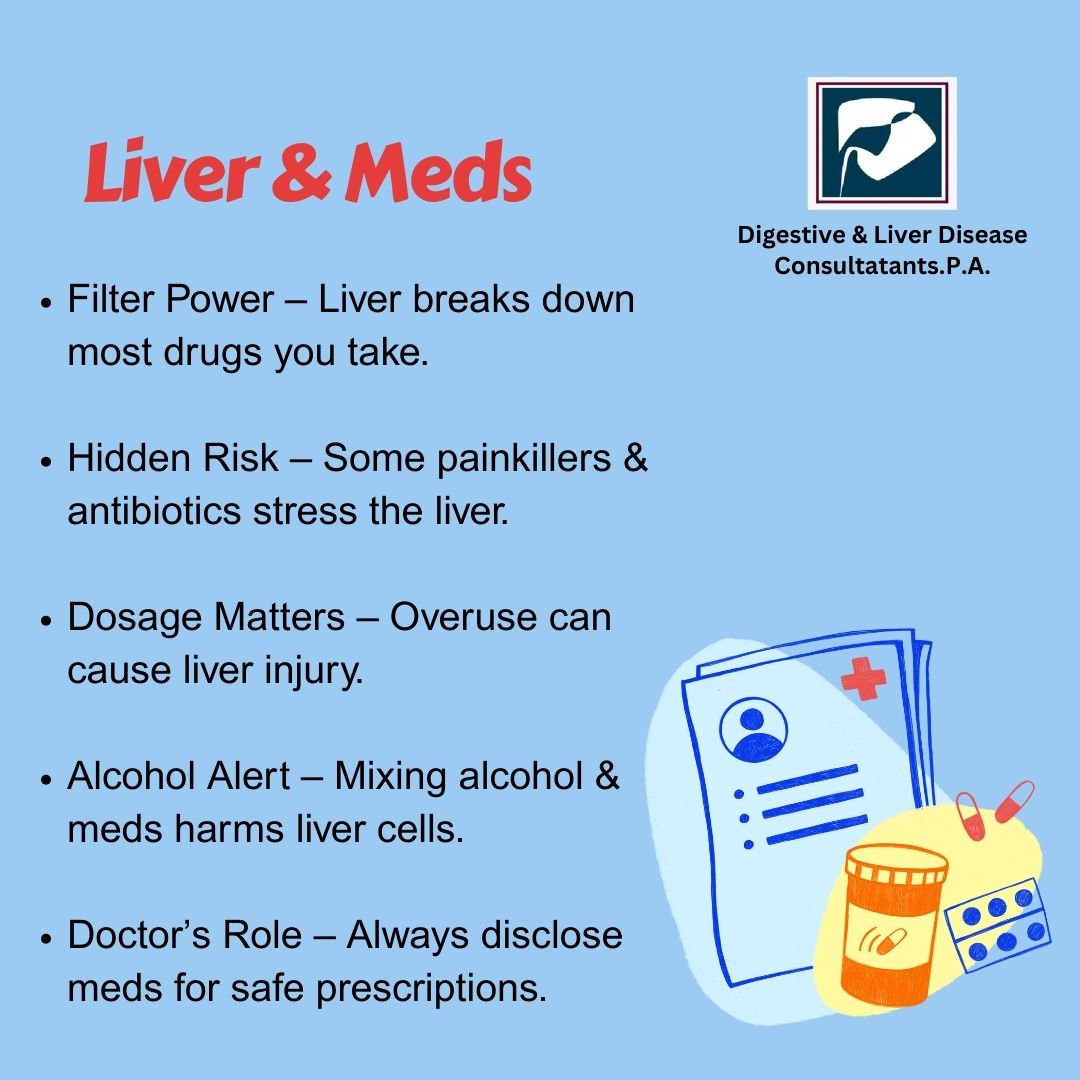
Common Medications That Can Affect the Liver
Not every drug causes liver damage, but some are known to carry higher risks. Below are common examples:
1. Acetaminophen (Tylenol)
Acetaminophen is one of the most widely used pain relievers in the United States. However, taking more than the recommended dose can be toxic to the liver. Many cold and flu medicines also contain acetaminophen, so it’s easy to exceed safe limits without realizing it.
2. Antibiotics
Certain antibiotics, such as amoxicillin-clavulanate, are associated with liver inflammation or damage, especially if used repeatedly or for long durations.
3. Cholesterol-lowering medications (Statins)
Statins are effective for heart health, but in some patients, they can raise liver enzymes, signaling stress on the liver. Doctors usually check liver function tests before and during statin therapy.
4. Anti-seizure medications
Drugs such as valproic acid and phenytoin are metabolized by the liver and may sometimes cause liver damage.
5. Herbal supplements
Many people think natural supplements are always safe. However, certain herbal remedies like kava, green tea extract, or black cohosh have been linked to liver injury.
Signs Your Liver May Be in Trouble
Your liver often suffers silently because it doesn’t cause symptoms until significant damage has occurred. However, here are some warning signs that could suggest medication-related liver problems:
- Yellowing of the skin or eyes (jaundice)
- Dark-colored urine
- Persistent fatigue or weakness
- Pain in the upper right side of the abdomen
- Loss of appetite or nausea
- Itchy skin
If you notice these symptoms while taking medication, you should contact your doctor immediately.
How Doctors Monitor Liver Health
Doctors use a simple blood test called a liver function test (LFT) to check how well your liver is working. This test measures enzymes and proteins that reflect liver health.
If you are starting a new medication that can affect the liver, your doctor may:
- Check your liver function before you begin treatment
- Monitor your liver regularly during treatment
- Adjust the dose or switch to a different medication if needed
This monitoring helps prevent long-term complications and ensures you get the benefits of your treatment without harming your liver.
Tips to Protect Your Liver While Taking Medications
The good news is that you can take steps to safeguard your liver even while using necessary medications. Here are some practical tips:
- Always follow dosage instructions – Never take more than prescribed, even if you think more will help faster.
- Avoid mixing alcohol with medication – Alcohol puts extra strain on the liver, which can worsen drug side effects.
- Check all your medications – Many over-the-counter drugs and supplements interact with prescription medicines.
- Inform your doctor about everything you take – Include herbal remedies, vitamins, and over-the-counter pills.
- Stay hydrated and eat a balanced diet – A healthy lifestyle supports your liver’s ability to process medications.
- Get regular check-ups – Liver health can change over time, so routine testing is important.
Why Choose Digestive & Liver Disease Consultants, P.A.
At Digestive & Liver Disease Consultants, P.A. (DLDC), we specialize in diagnosing and treating liver and digestive conditions with compassion and expertise. Our team of board-certified gastroenterologists has years of experience in managing liver health, especially when medications are involved.
We provide:
- Advanced liver function testing and monitoring
- Individualized treatment plans based on your health needs
- Guidance on safe use of medications and supplements
- Comprehensive care for conditions like fatty liver disease, hepatitis, cirrhosis, and more
Our mission is to help patients protect their liver while ensuring they receive the treatments they need for overall health.
When to See a Doctor
If you are taking medications and notice unusual symptoms like fatigue, abdominal pain, or yellowing of the skin, don’t ignore them. Early evaluation can prevent serious complications.
At DLDC, our specialists carefully review your medication history, conduct appropriate tests, and provide safe, effective solutions to protect your liver.
Conclusion
Your liver works tirelessly to process the medications you take, but it can become overwhelmed if not cared for properly. By understanding how medications affect your liver, following your doctor’s guidance, and choosing expert care, you can protect this vital organ.
If you are concerned about how your medications may be impacting your liver, or if you are experiencing symptoms of liver trouble, don’t wait. Schedule an appointment with Digestive & Liver Disease Consultants, P.A. Our team of gastroenterology and liver specialists is here to provide the highest level of care and help you maintain a healthy liver for life.

